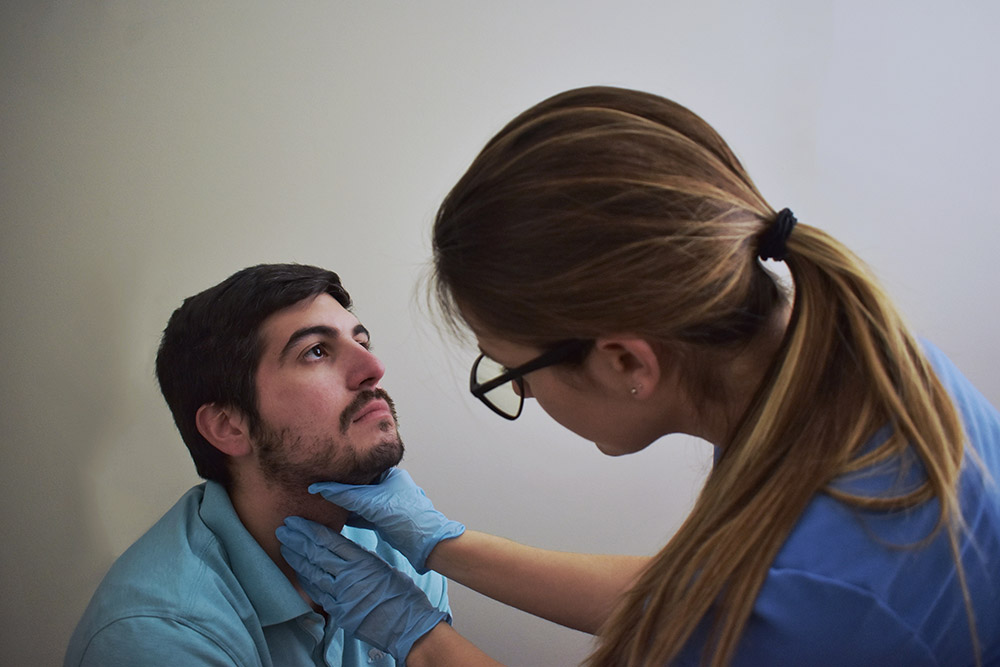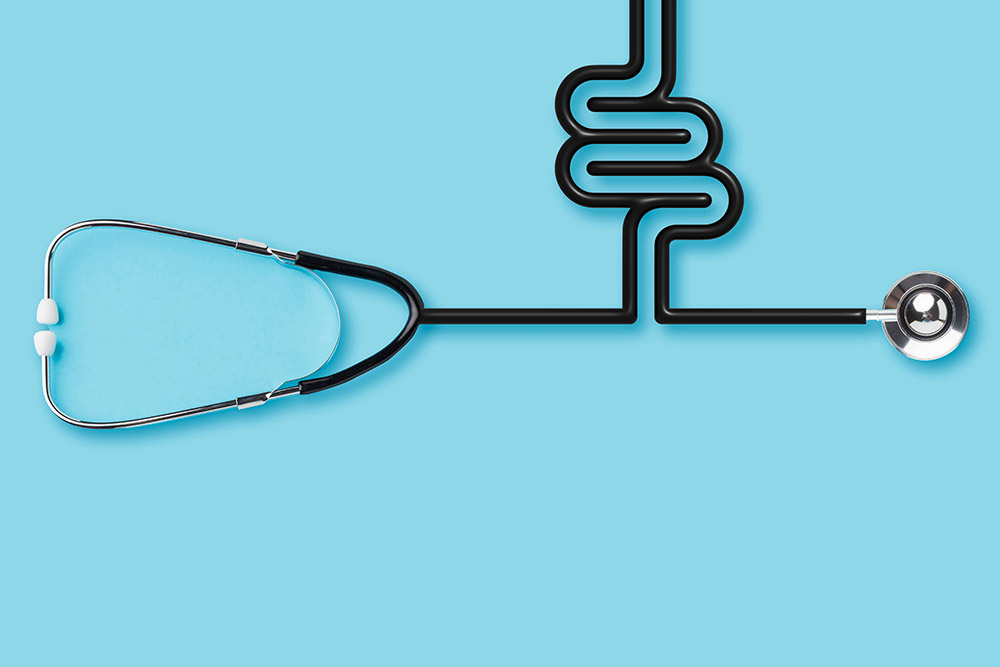What Is Difficulty Swallowing?
Difficulty swallowing, also known as dysphagia, occurs when it feels hard or painful to move food or liquids from your mouth down into your stomach. You may sense that food is stuck in your throat or feel the need to cough, choke, or clear your throat while eating. In medical coding, dysphagia is classified under ICD-10 code R13.
Common Causes and Risk Factors
- Acid reflux: Stomach acid irritating the throat lining
- Sore throat or infections: Viral or bacterial throat infections (e.g., strep throat)
- Neurological disorders: Stroke, Parkinson's disease, multiple sclerosis, or other nerve-muscle coordination issues
- Esophageal strictures or rings: Scar tissue or narrowing of the esophagus
- Esophageal cancer: Tumors that block or narrow the swallowing passage
Signs and Symptoms
- Pain or discomfort when swallowing food or drinks
- Coughing, choking, or gagging during meals
- Regurgitation of food or liquid back up into the throat
- Sensation of food sticking in the chest or throat
- Unexplained weight loss due to reduced intake
- Frequent heartburn, acid reflux, or chest discomfort
How Dr. Rishi Diagnoses Difficulty Swallowing?
Dr. Rishi uses a step-by-step approach:
Medical and Symptom History
He reviews your swallowing complaints, past medical conditions (like reflux or neurological disorders), weight changes and any alarm symptoms.
Physical Exam
Dr. Rishi examines your mouth, throat and neck for signs of obstruction, inflammation or neuromuscular weakness.
Barium Swallow X-ray
You drink a contrast solution while X-rays track its passage to identify strictures, rings or motility problems.
Endoscopic Evaluation
An endoscope is gently passed down your throat to directly visualize the lining of your esophagus and stomach for inflammation, narrowing or growths.
Esophageal Manometry
Pressure sensors measure the strength and coordination of esophageal muscle contractions during swallowing.
pH Monitoring
A small probe records acid exposure levels in your esophagus over 24-48 hours to detect pathological reflux.
Frequently Asked Questions
What is the ICD-10 code for difficulty swallowing?
The general code is R13. Subcategories (for example R13.10) offer more precise detail depending on your specific symptoms.
Can dysphagia be a sign of cancer?
Yes. Persistent trouble swallowing especially with unintended weight loss, chest pain, or blood in saliva can be an early sign of esophageal cancer.
How long does an endoscopy take?
Most endoscopies last about 10-15 minutes. You'll be lightly sedated and can usually go home the same day.
Is difficulty swallowing dangerous?
Untreated dysphagia can lead to dehydration, malnutrition, or lung infections from aspirated food or liquids.
What foods help when I have dysphagia?
Soft foods, small bites, and thorough chewing are best. Avoid dry, crumbly, spicy, or highly acidic items.
How soon can I feel better?
Some patients notice relief within days after diet changes and medication. Others may require advanced diagnostics and procedures for full improvement.
Does insurance cover tests like endoscopy and barium swallow?
Yes. Most insurance plans cover diagnostic tests for dysphagia, including endoscopy, barium swallow, manometry, and pH monitoring.
Can therapy help improve swallowing?
Absolutely. A speech-language pathologist can teach tailored exercises and techniques to strengthen the muscles involved in swallowing.
Are esophageal dilation procedures safe?
Yes. Risks are low when performed by an experienced gastroenterologist using imaging guidance. Dilation often provides immediate relief of strictures.
When should I call a doctor?
Seek prompt care if food feels stuck, you're choking, have significant weight loss, chest pain, or recurrent lung infections.











